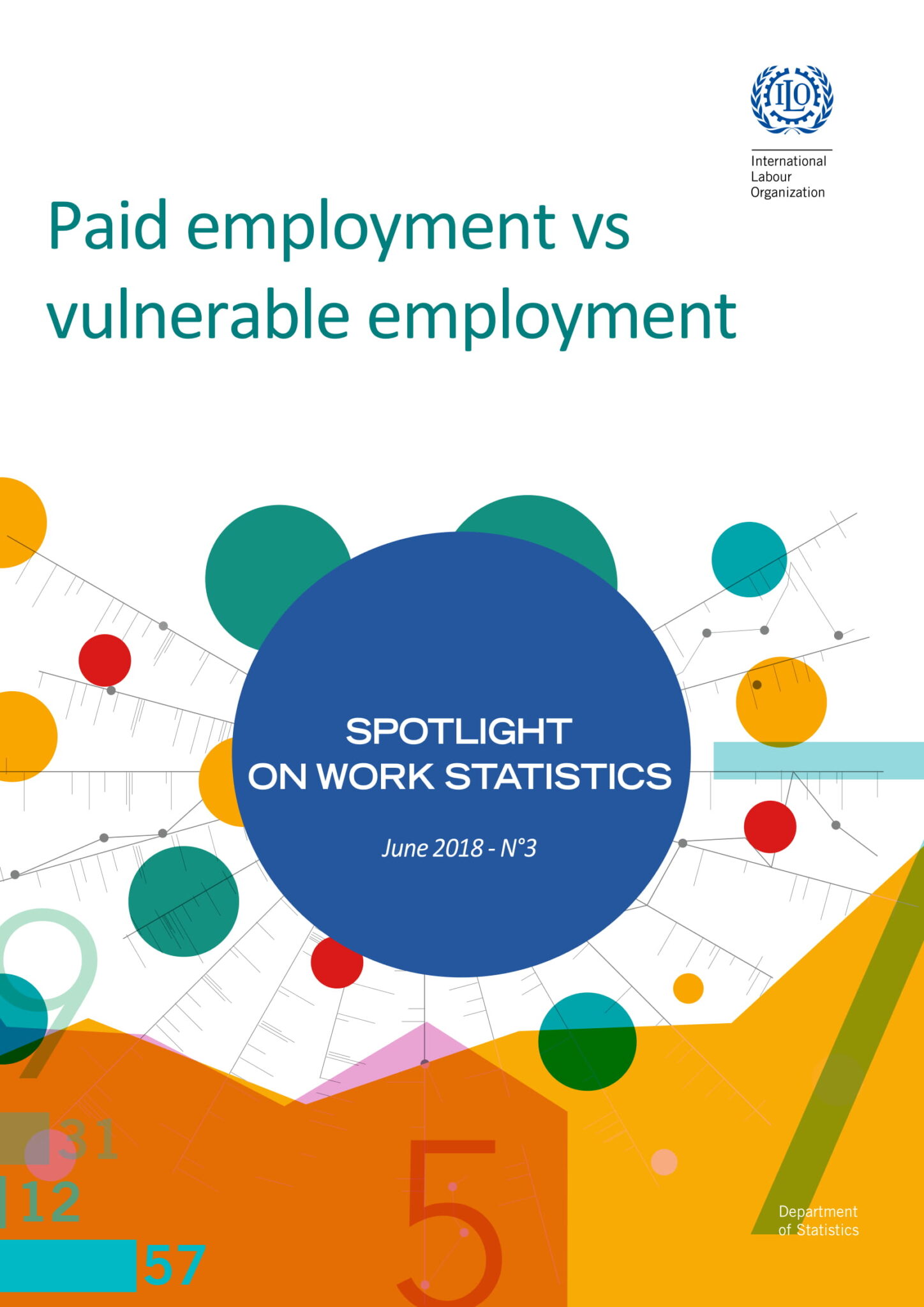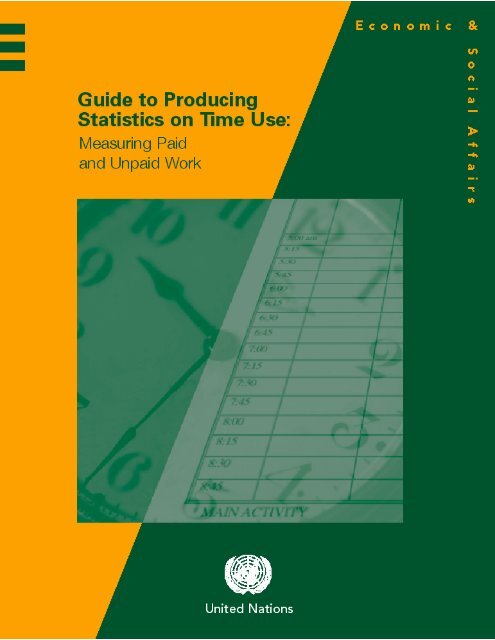The ILO has launched efforts to develop guidance to promote accurate measurement of time use in different settings. A particular focus is the development of a data collection strategy centred on the attachment of a Time-Use module to the LFS. The successful design of such an approach offers many potential advantages given the topic overlap between the LFS and TUS, common target populations, high prevalence of LFS internationally, etc. An in-depth review of methods and country practises has been undertaken to inform the design of such a data collection strategy. This review has focussed in most depth on Light Time-Use Diary (LTUD) approaches to assess their suitability. This Brief highlights results, lessons learned and main challenges identified stemming from that review.








